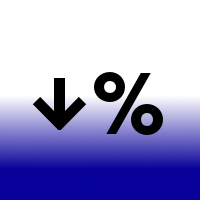A “Hard Money Loan” is primarily based on the value of real estate, which serves as collateral for the loan. In contrast, banks typically consider factors such as real estate value, borrower income, and credit history when evaluating loan applications.
Compared to the typical bank loan process, the process of obtaining a hard money loan is often easier and faster, typically taking only days or weeks instead of months. This is primarily because hard money lenders are generally not concerned with factors like income and other related documentation and verification.
Hard money lenders typically offer loans up to 70% or 75% of the real estate value (sometimes less, depending on the lender, the property type, location, or other conditions). Interest rates or Annual Percentage Rates (APRs) with hard money lenders are usually higher than those offered by banks, although there are exceptions when hard money rates are lower than those of banks.
People opt for hard money loans in the following situations:
- When a bank’s funding process is too slow, and the deal or opportunity requires quick financing.
- When a bank refuses to provide a loan due to issues related to income or credit.
Hard money loans are typically short-term, ranging from a few months to a few years. They are often provided by private lenders, individuals, or non-bank entities.
Repayment of hard money loans is often independent of income and credit issues. Borrowers frequently pay off these loans when they sell the real estate property. Alternatively, borrowers may also repay the hard money loan when they secure a long-term loan from a bank. These loans that bridge the gap until a long-term bank loan is obtained are commonly referred to as “bridge loans”.




